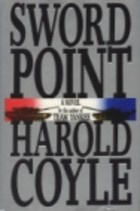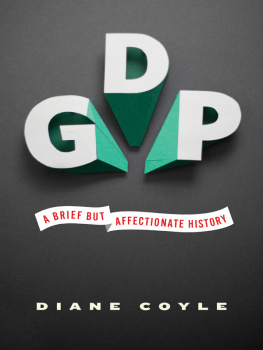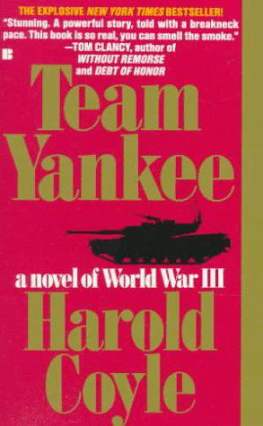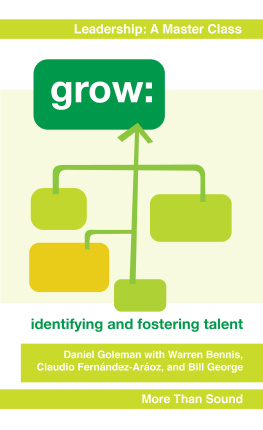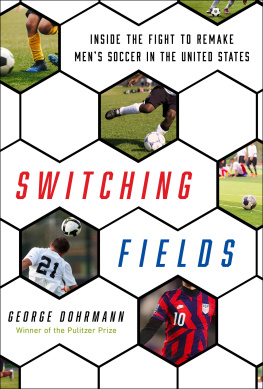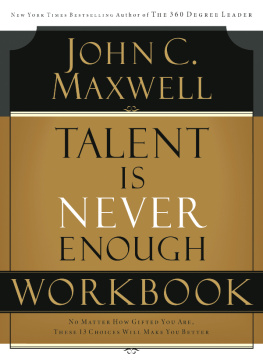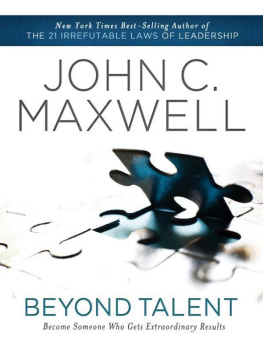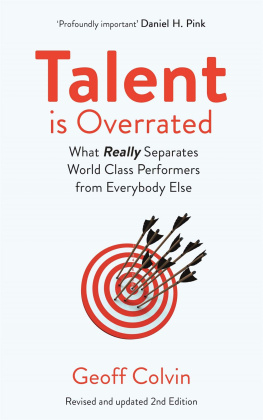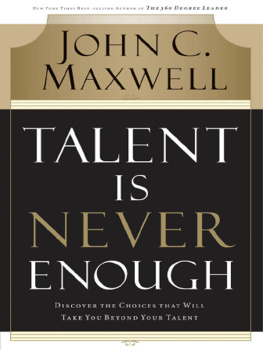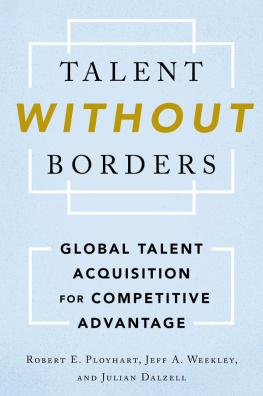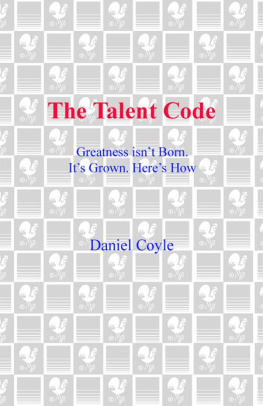Coyle - The talent code: greatness isnt born. its grown. heres how
Here you can read online Coyle - The talent code: greatness isnt born. its grown. heres how full text of the book (entire story) in english for free. Download pdf and epub, get meaning, cover and reviews about this ebook. City: New York, year: 2013, publisher: Bantam Books, genre: Art. Description of the work, (preface) as well as reviews are available. Best literature library LitArk.com created for fans of good reading and offers a wide selection of genres:
Romance novel
Science fiction
Adventure
Detective
Science
History
Home and family
Prose
Art
Politics
Computer
Non-fiction
Religion
Business
Children
Humor
Choose a favorite category and find really read worthwhile books. Enjoy immersion in the world of imagination, feel the emotions of the characters or learn something new for yourself, make an fascinating discovery.

The talent code: greatness isnt born. its grown. heres how: summary, description and annotation
We offer to read an annotation, description, summary or preface (depends on what the author of the book "The talent code: greatness isnt born. its grown. heres how" wrote himself). If you haven't found the necessary information about the book — write in the comments, we will try to find it.
Abstract: What is the secret of talent How do we unlock it In this groundbreaking work, journalist and New York Times bestselling author Daniel Coyle provides parents, teachers, coaches, businesspeopleand everyone elsewith tools they can use to maximize potential in themselves and others. Whether youre coaching soccer or teaching a child to play the piano, writing a novel or trying to improve your golf swing, this revolutionary book shows you how to grow talent by tapping into a newly discovered brain mechanism. Drawing on cutting-edge neurology and firsthand research gathered on journeys to nine of the worlds talent hotbedsfrom the baseball fields of the Caribbean to a classical-music academy in upstate New YorkCoyle identifies the three key elements that will allow you to develop your gifts and optimize your performance in sports, art, music, math, or just about anything. - Deep Practice Everyone knows that practice is a key to success. What everyone doesnt know is that specific kinds of practice can increase skill up to ten times faster than conventional practice. - Ignition We all need a little motivation to get started. But what separates truly high achievers from the rest of the pack A higher level of commitmentcall it passionborn out of our deepest unconscious desires and triggered by certain primal cues. Understanding how these signals work can help you ignite passion and catalyze skill development. - Master Coaching What are the secrets of the worlds most effective teachers, trainers, and coaches Discover the four virtues that enable these talent whisperers to fuel passion, inspire deep practice, and bring out the best in their students. These three elements work together within your brain to form myelin, a microscopic neural substance that adds vast amounts of speed and accuracy to your movements and thoughts. Scientists have discovered that myelin might just be the holy grail: the foundation of all forms of greatness, from Michelangelos to Michael Jordans. The good news about myelin is that it isnt fixed at birth; to the contrary, it grows, and like anything that grows, it can be cultivated and nourished. Combining revelatory analysis with illuminating examples of regular people who have achieved greatness, this book will not only change the way you think about talent, but equip you to reach your own highest potential. From the Hardcover edition
Coyle: author's other books
Who wrote The talent code: greatness isnt born. its grown. heres how? Find out the surname, the name of the author of the book and a list of all author's works by series.

